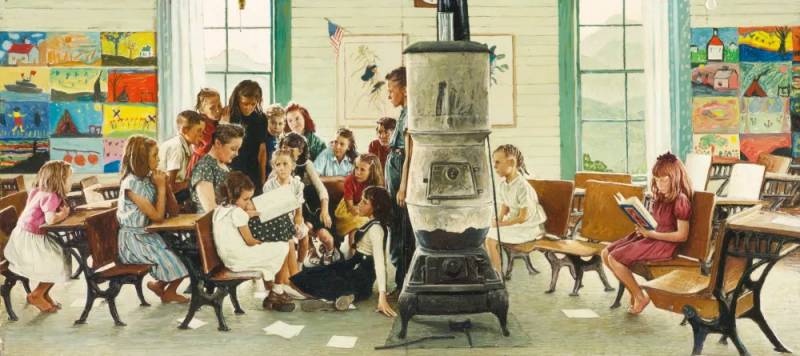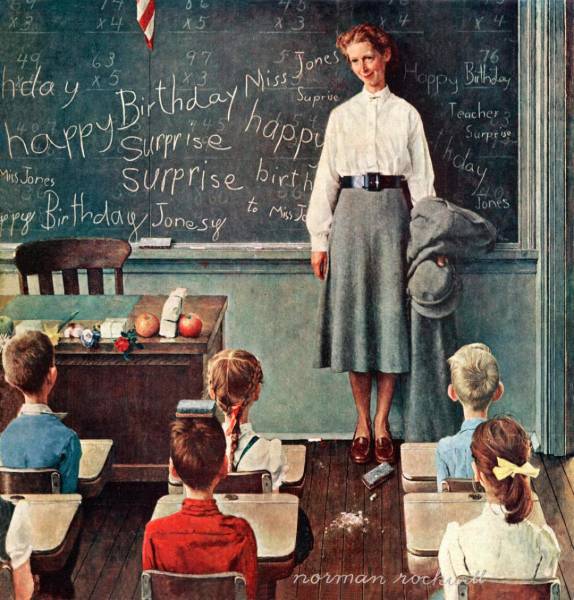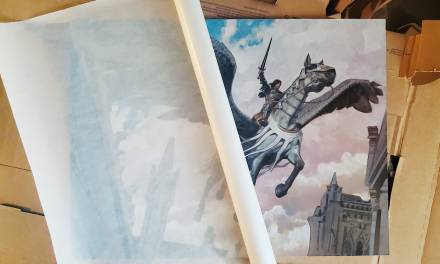I mentor many artists, from beginners, to the ones trying to get into school, trying to get into the industry, and pros trying to stay in the industry. I have seen a decline in the ability to put in the effort that it takes to get something from learning. I don’t know what that stems from, I am sure many factors, including everything we just went through over the last several years, an urgency to make money as inflation rises, etc. I am sure for each individual it is something entirely different.
I am especially baffled by the students who come into a class apologizing for not being better at the subject matter. The idea of coming into a class is to learn the subject, not already be good at it. If you were already good, I doubt you would need to take a class in it.
I’d like to give some advice for those who aren’t sure what they are supposed to do as they “relearn”, or learn for the first time and are unsure.
- Leave all assumptions, ego needs, embarrassment of failure at the door. Learning is trying, trying something new, something more, and without any fear that it will all fall apart. In fact, assume that it will fall apart, expect it, then do it with the intent of learning something from it and failure is no longer something you will think about at all. If you want information, if you want improvement, you have to be open to it.
Ego prevents new tools from being exciting, a new way, a new possibility. Embarrassment prevents us from trying, and assumptions prevent us from listening in the first place.
- TRY! Again, with blinders on, forget you are good at another form of art, or that you have never done it before, and try. Its not going to bite your fingers off, well…maybe a finger tip…its not going to get you sick, call you out for being inept, beat you down, steal your soul.
The trying part of it leads to valid questions that you can ask because of having had the experience and putting in the effort. There is now something tangible to relate to when having a conversation about the topic.Not something I thought I would ever have to say, but, from experience, I have watched many students sit idle just waiting, waiting for? The starting gun? A tap on the shoulder by the art spirit? Just go and have fun, fun like a child would have fun doing this messy thing called making stuff.
- Ask meaningful questions related to what you are experiencing. The questions you ask would want to be directly related to what you are currently doing, studying, working on. Relating the question to the moment, being present in the moment, to respond to the moment.
I know this might sound abstract, but, I have had many moments when a student is drawing an eye, having total difficulty and frustration with it, and when I come over to help, they ask about something totally unrelated to their current problem with that eye. Or, I start to answer, and they cut me off with another question about something else that we haven’t worked up to yet.
- Put in a little more than usual during the learning times! Your eagerness to improve should drive you to do more than you are assigned, its just in you if you really want it. However, for many, they barely get what they were asked finished, and many times mention how absolutely difficult it was to do, to find the time, to focus, etc.
Doing the work and self discovering is how you learn, the less time put in, the fewer the moments of opportunity of self discovery, and self improvement. We also need to do many failures to figure out or determine the correct course of action.Also, these learning moments are not forever, and if you made the commitment to learn, then do yourself a huge favor and do extra work while you have the time, and you have someone there willing to help you see what you are doing and help you course correct your work habits.
- Learn to take the criticisms. For the rest of your career you are going to be dealing with criticism from everyone everywhere. Your student years are where you develop that tough armor that helps you ignore the majority of the banter, but listen to the few that do make a well informed criticism that we can grow from, and take full advantage of them when we hear them come flying our way.
The critiques you receive in school are not personal, they are directed towards the work that is in question. They are not meant to dice and slice your ego to shreds, nor to tear you down as an individual, although at times they might be heard and felt that way.










Absolutely spot on. Great article Ron!
I feel for the students who apologize for not knowing the subject your teaching about. A problem I face being an online student is not knowing what skills I should have before buying any 1 course. I’ve had many bad experiences from learning in the middle of a class that a skill I don’t have is a requirement moving forward and the teacher doesn’t give actionable resources or tell how to practice it. Your just left to learn this new skill on your own on top of the subject I’m struggling with now and if you can’t learn it by yourself you’re permanently left behind for the remainder of the course.
That is engaging